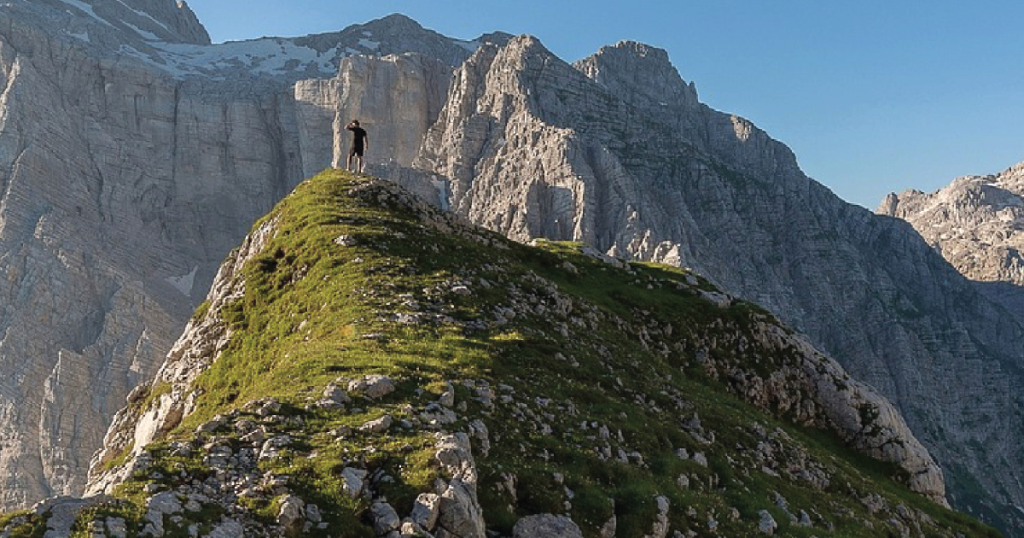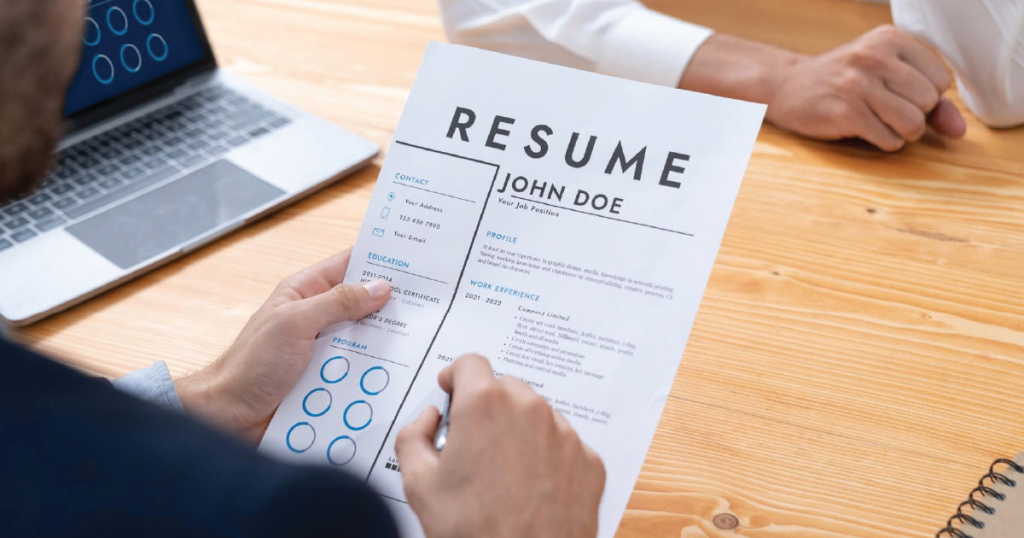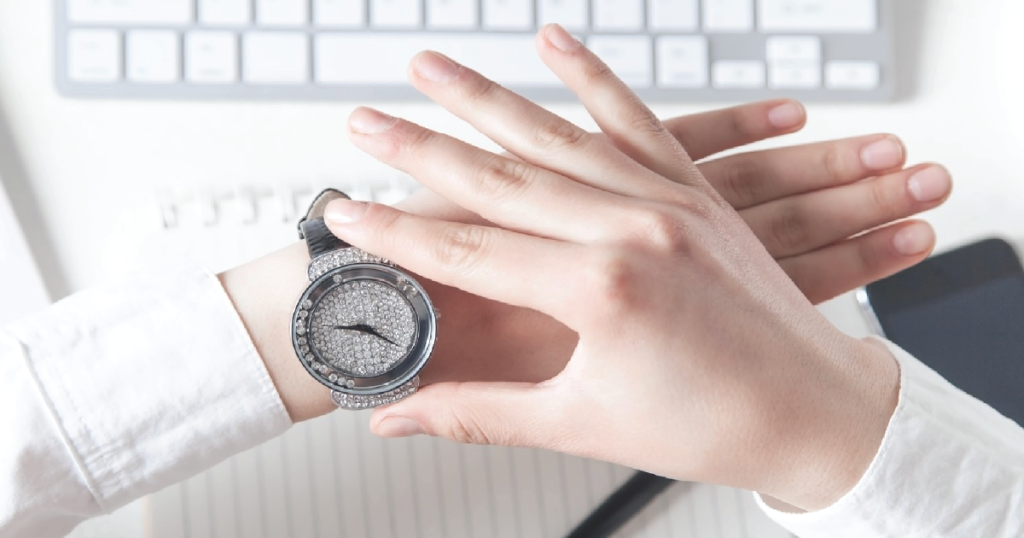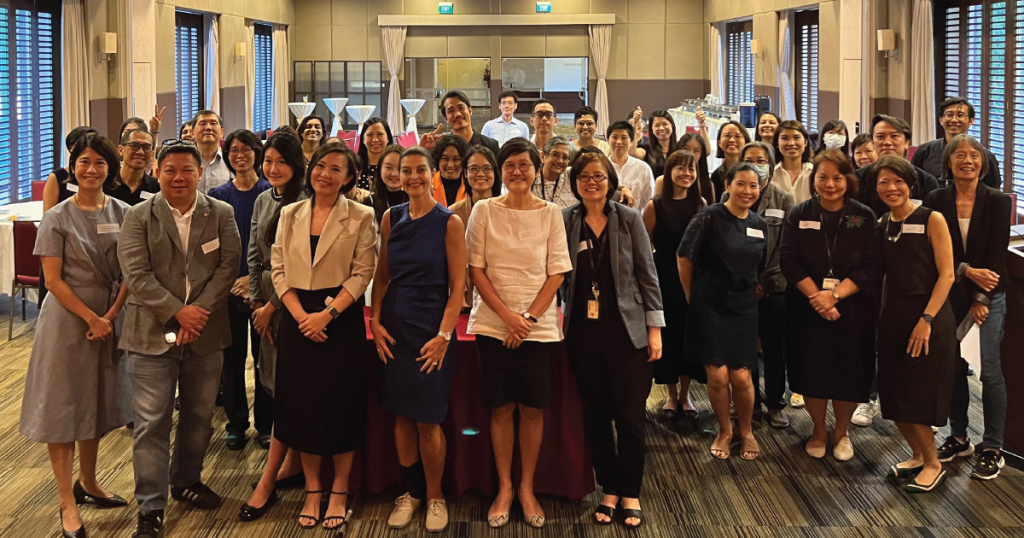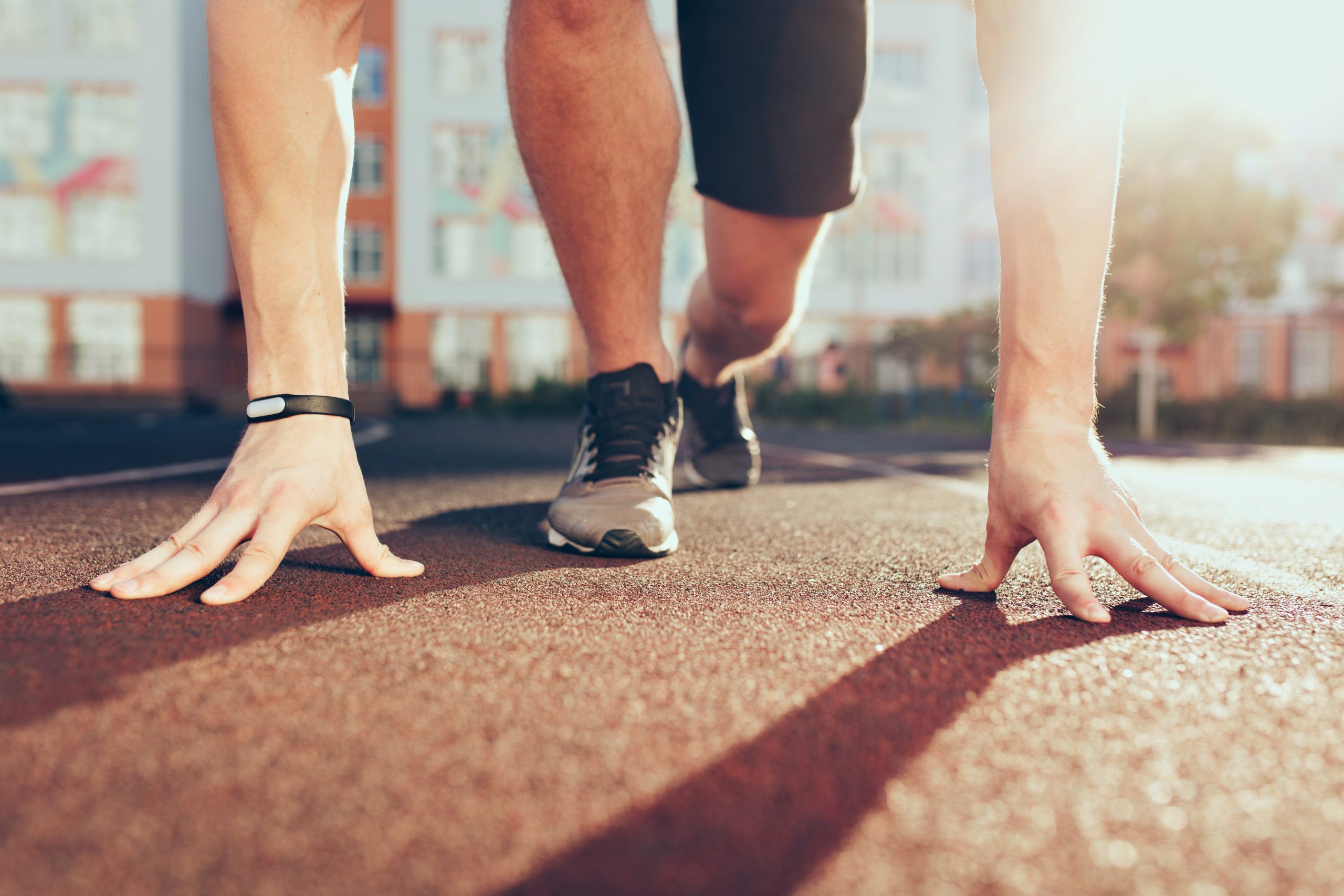
Resilience is a group muscle
Glen, our 2021 Adecco Singapore CEO for One Month shared his notion of Resilience where he said.. “Resilience should come from within. I believe it can be cultivated in individuals. Having support from families, friends or colleagues is a bonus. There are many cases where no one in the world will believe and support whatever you are doing. People usually only support those who have already succeeded in some way or another.”
Often, we have seen the concept of Resilience at work as individualistic, as something we possess or do not possess. Mostly, it is founded and derived from a person’s inner trait, psyche or conviction which must be nurtured to withstand a storm, in times of coping and overcoming life’s daily complexes. Resilience thus becomes a personal strength that people should build in and around themselves, with the enviable feature of it being one’s very own meaningful efforts that shows tangible results, becoming a cherished, valuable ability seen by others in an organization. This is especially so, in today’s appraisal standards of employee independence and self-initiative.
Charging the battery of resilience – powered by more than one
Speakers from LHH had brought to the career frontier the empowering act of Resilience as a fully charged battery which must be properly maintained and regularly charged at working intervals in favorable environments (presumably without breaking, overheating or someone stealing the battery). Positive factors that contribute to these environments include thought development, employee engagement, healthy work practices, rest and wellness, all of which are known energy sources loading up a full battery of Resilience. However, it is considerable that these factors are consistent fuel which must be reliably powered by external parties, community care or benefits in the eyes of any working professional. A large proportion of company employees would have told you that in fact when the hurricane is near, they might not want to battle it all alone.
Resilience isn’t just personal muscle – group muscle weighs in
Resilience is not just about keeping yourself fit for your own future in standalone capacity and duty. We all know resilience is an asset which has to be supplemented or even enhanced by mindful group think and action – a group muscle. Team work, with grounds of support for team-based actions centering on collective responsibility constitutes this muscle, working together with an employee’s differential level of resilience to endure hardships as a unit. If any team member manages a problem of another member while instilling confidence for the future in the team, giving feedback, acting on and catapulting each member’s competences instead, group muscle has weighed in effectively and there is holistically trackable, control. Resilience can be gathered and defended as a group socially, with the group providing resources for a single person to improve and invigorate his or her own actions for the achievement of better outcomes. Furthermore, having a trusted guide (mentor/advisor), giving people a voice to speak, enforcing a collective sense of belonging at work are also strong group muscles to counter an employee’s fading resilience while creating solidarity among team members and communicating sustainable empathy and trust to benefit everyone in the long term.
Group muscle can combat thorny challenges and change
Since resilience is considered a changing process, and not a trait, highly dependent on circumstances and varying contexts which at times can go into overdrive or exceed parameters of human control and reason, it should not come as a surprise that resilience is malleable, shifting and oftentimes unpredictable. Importantly, resilience shows us exactly how much we can stand, what we can do in a pinch, detect pain, anxiety or stress quickly. So from this, we can spark the means and opportunity of adapting to adverse encounters, trauma or threats through others in the course of evaluation, before we trickle down to harnessing our own resilience. Somehow, we all want to be helped, even if it’s not all the time. Most employees want to notice and be affected by how the outside world can aid them, when they are feeling down and muster no strength. Usually in group muscle resiliencies, tight social bonding and the ensuing interconnectedness with friends and colleagues have been proven to counter drastic effects from the drop-off in personal resilience, with the timely sharing of resources, close learning and inspiration enabling smoother, much more amicable adjustments to everyday challenges.
Article written by: Vania Wong



